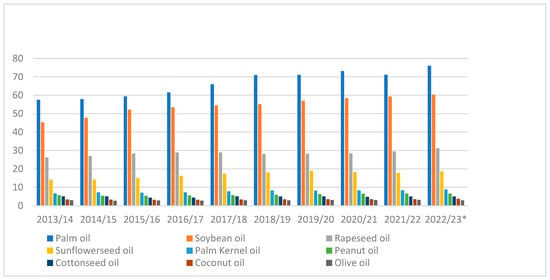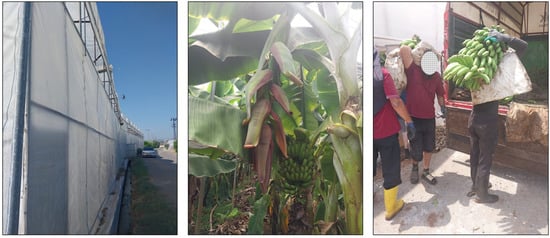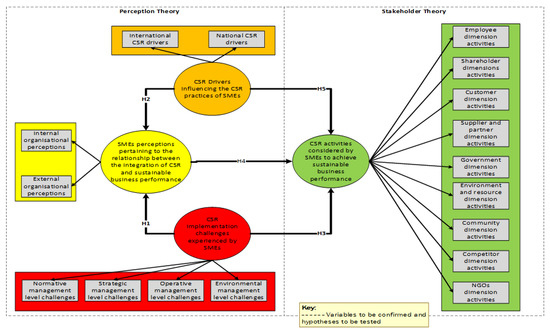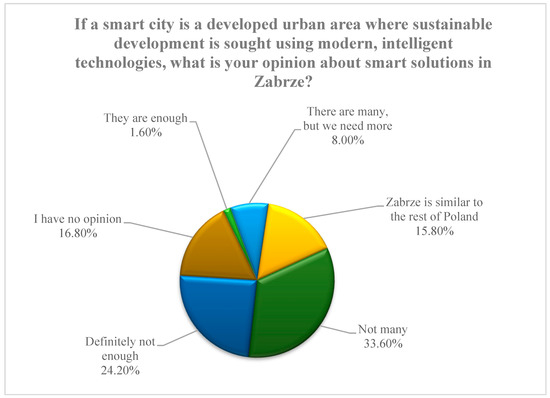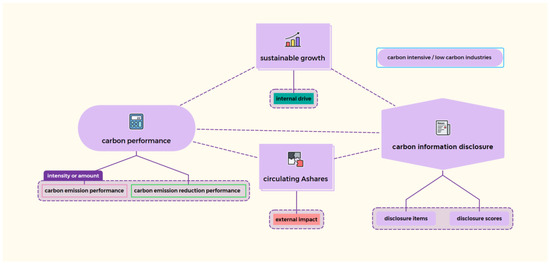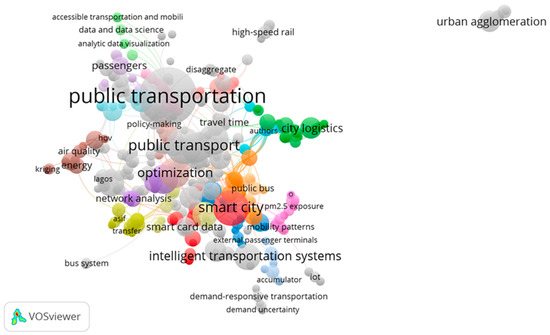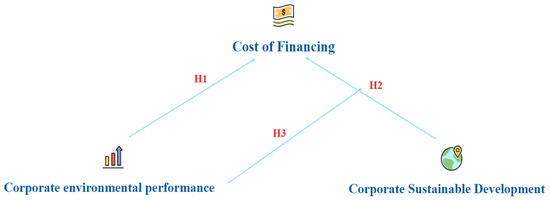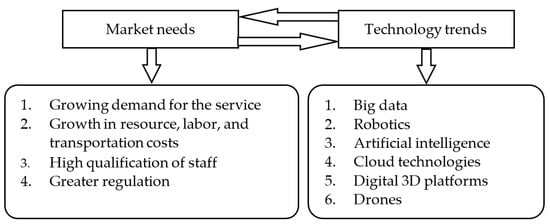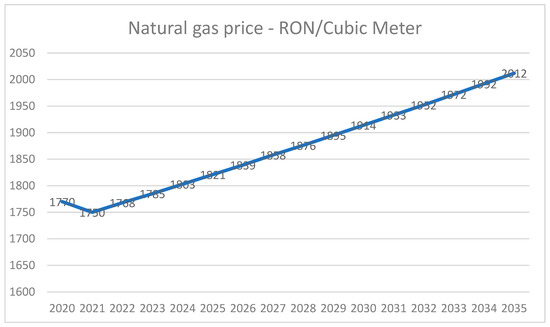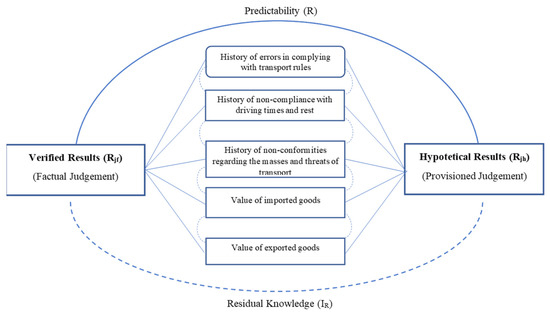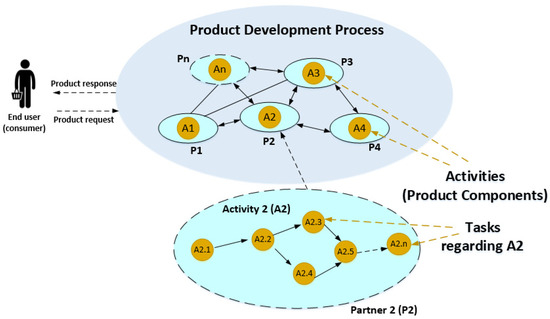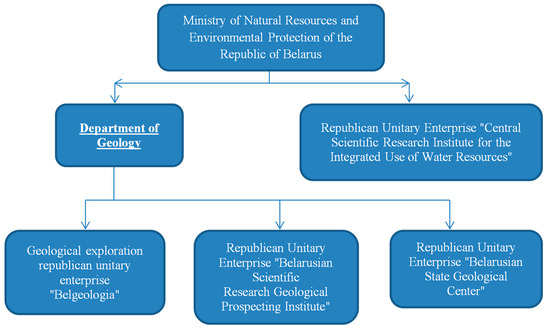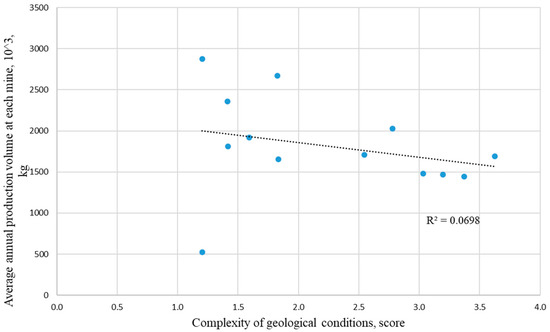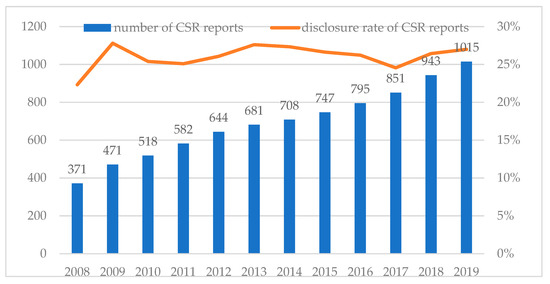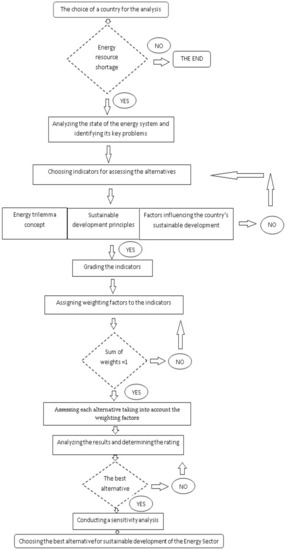Business Performance and Socio-environmental Sustainability
A topical collection in Sustainability (ISSN 2071-1050). This collection belongs to the section "Economic and Business Aspects of Sustainability".
Viewed by 60006Editors
Interests: industrial and municipal economics and management; smart cities; risk management
Special Issues, Collections and Topics in MDPI journals
Topical Collection Information
Dear colleagues,
Nowadays, sustainability is the basic condition for the survival and development of every organization and economy. Striving to achieve it in practice is a difficult and complex task, due to the different goals and aspirations of individual organizations and their stakeholders. In recent years, the literature on the subject has given much attention and space to social and environmental aspects of sustainability, apart from economic and business issues. Meanwhile, it must not be forgotten that economic and business goals are the primary premise for starting business activity that drives the development of individual regions and economies. Without their implementation, improving the quality of life of the present and future generations—which constitutes the key idea of sustainable development—is not and will not be possible.
Bearing in mind the above circumstances, the editors of this publication invite the authors to take up the economic and business issues of sustainability and join the search for answers to the following research problems:
- What place do economics and business hold in sustainable development?
- How do organizations reconcile economic and business goals with ecological and social goals?
- How are business models changing in relation to the challenges of sustainable development?
- How do modern concepts of managing organizations, business networks, or regions affect the achievement of sustainable development goals?
- How do collaborative networks support sustainable development?
- What is the importance of smart specializations in sustainable development?
- How does the support of local and self-government authorities affect the achievement of sustainable development goals?
- How do organizations finance expenses related to the implementation and fulfillment of the principles of sustainable development?
- How does sustainability affect the financial performance and value of the organization?
- How does the transformation of homo economicus into homo sociologicus proceed?
- How do crisis situations affect the sustainable development of organizations and regions?
In the ongoing discussion on the economic and business aspects of sustainability, we want to include all economic entities operating in both the private and public sectors. Therefore, the subjective scope of considerations includes:
- Enterprises;
- Nonprofit organizations;
- Cities, villages, regions, economies;
- Clusters, collaborative networks;
- Self-government authorities and organizations;
- Local and regional communities.
The presented research and considerations will allow for a multifaceted analysis of the controversial problem of reconciling economic and business priorities with social and environmental ones. In this way, the topic concerning the harmonization of all aspects of sustainable development and the adaptation of organizations, societies, and economies to the assumptions related to such development will be supplemented and developed. Knowledge about economic, financial, and business barriers, needs, and results of the pursuit of sustainability will also be acquired, which will not only enable the presentation of an unusual methodological and research approach but also provide practical information and recommendations that can be used in making and improving decisions regarding directions and activities for implementing the idea of sustainability.
Prof. Dr. Izabela Jonek-Kowalska
Prof. Dr. Lilla Knop
Guest Editors
Manuscript Submission Information
Manuscripts should be submitted online at www.mdpi.com by registering and logging in to this website. Once you are registered, click here to go to the submission form. Manuscripts can be submitted until the deadline. All submissions that pass pre-check are peer-reviewed. Accepted papers will be published continuously in the journal (as soon as accepted) and will be listed together on the collection website. Research articles, review articles as well as short communications are invited. For planned papers, a title and short abstract (about 100 words) can be sent to the Editorial Office for announcement on this website.
Submitted manuscripts should not have been published previously, nor be under consideration for publication elsewhere (except conference proceedings papers). All manuscripts are thoroughly refereed through a single-blind peer-review process. A guide for authors and other relevant information for submission of manuscripts is available on the Instructions for Authors page. Sustainability is an international peer-reviewed open access semimonthly journal published by MDPI.
Please visit the Instructions for Authors page before submitting a manuscript. The Article Processing Charge (APC) for publication in this open access journal is 2400 CHF (Swiss Francs). Submitted papers should be well formatted and use good English. Authors may use MDPI's English editing service prior to publication or during author revisions.
Keywords
- business models in sustainable development
- collaborative networks and sustainable development
- smart specializations and sustainable development of organizations and regions
- crisis situations and sustainable development
- new concepts of management in the sustainable development of the organization
- financing of sustainable development
- economic effects and benefits of sustainable development
- the role of economics in creating sustainability
- marginalization versus prioritization of economic goals in the organization
- homo economicus and homo sociologicus






